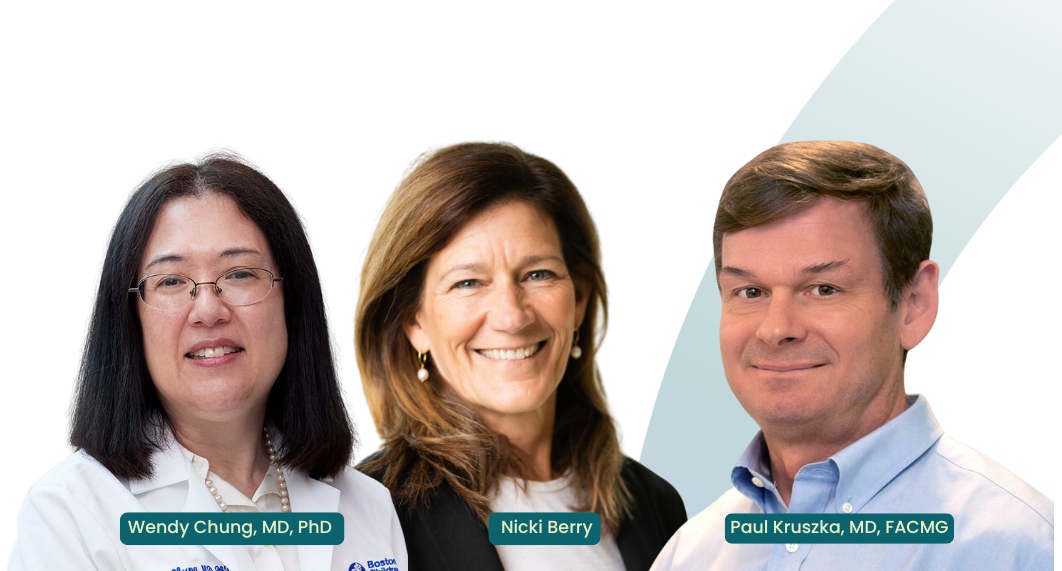An opportunity to change lives from the start.

Newborn screening in the United States varies from state to state, with Federal guidelines recommending testing for 37 conditions. Implemented over 30 years ago, this testing looks for biomarkers—measurable changes in the baby’s blood that indicate the baby may have a disorder.
Yet there are hundreds of disorders that lack biomarkers. Newborns with these conditions are routinely missed by today’s newborn screening, leading to months or years of unexplained symptoms and, in some cases, irreversible harm.

By diagnosing children at birth through genome sequencing instead, it’s possible to start treatment before their symptoms appear. Before the disease progresses or causes irreversible damage. Before they need to undergo invasive test after test. Before their family spends days and weeks in the hospital, not knowing why—or what the future might hold.

Bringing comprehensive and equitable screening to all newborns: GUARDIAN (Genomic Uniform-screening Against Rare Diseases In All Newborns) study. Using GeneDx genome sequencing, the study is screening 100,000 newborns for more than 400 genetic conditions not currently included in standard newborn screening. It is sponsored by Columbia University Irving Medical Center in partnership with New York-Presbyterian, the New York State Department of Health and Illumina.

After Lili and Colin’s baby was born at a New York hospital, they were invited to participate in the GUARDIAN study. Their newborn baby, Margot, started having seizures 6 weeks later. Margot’s genome screening revealed a rare condition called CDKL5 deficiency disorder. The early diagnosis resulted in new treatments, giving Margot the best chance at a healthier life from birth.
GUARDIAN results are already showing a significant gap in today’s standard newborn screening, showcasing strong evidence to support the expansion of newborn screening with genomic sequencing.
Key findings:

The lead investigators from the GUARDIAN study discuss the critical role newborn screening plays in early diagnosis and intervention, plus the latest on genome-based newborn screening.
Featured speakers:
A study presented at the 2024 International Consortium on Newborn Sequencing analyzed how many GeneDx patients could have had a diagnosis at birth had they received genomic newborn screening, rather than getting exome or genome sequencing later in childhood.
The results were staggering: More than 21% of patients would have received a diagnosis right away—in many cases before they even experienced symptoms—with genomic newborn screening. On average, patients would have had answers a full 8 years sooner.
Thanks to GeneDx, more than 15,000 newborns have received genomic newborn screening. That’s more than any other commercial laboratory. This experience gives GeneDx a deep understanding of how to offer this new testing at scale for babies born at hospitals across the United States.
At GeneDx, we’re building a world where any genetic disorder is diagnosed quickly to prevent disease progression and ensure long and healthy lives for all.